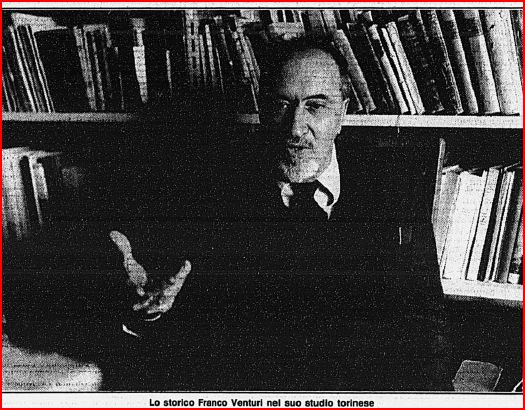Populism in Central and Eastern Europe in the 20th Century
EHESS – Room M. et D. Lombard – 96 boulevard Raspail – 75006 Paris, France
11-12 May 2017
Since the 1990s, several political movements qualified as “populist” have emerged in Central and Eastern Europe, drawing the attention of political scientists. If we want to understand why these movements exercise such attraction and why they are so relentless in this space, it is necessary to cross the study of current politics with the analysis of long term developments. Indeed, since the 19th century, Central and Eastern Europe has known several movements and political parties that have called themselves or have been labelled as “populist”. In this sense, the long-term approach allows considering the similarities and the differences, according to different contexts and periods, and identifying the reasons and the mechanisms of action of these movements. At last, this historical approach helps to consider the specificity – if there is any specificity – of these movements in Central and Eastern Europe and to evaluate their impact on political cultures of the region.
Thursday 11 May 2017
09h00-09h15 Welcome of Participants
09h15-09h30 Introduction, Roman Krakovsky (Global Studies Institute, Université de Genève / CERCEC, EHESS / LabEx Tepsis)
09h30-10h45 Session 1. Defining Populism in Central and Eastern Europe
Jacques Rupnik (CERI/Sciences Po), Populism in Central and Eastern Europe and its Post-1989 Forms
Roger Griffin (Oxford Brookes University), The Ambivalence of ‘the People’ as a Source of Political Legitimation: Contemporary Right-Wing Populism in Historical Perspective
Chairs: Jan Rovny (CEE-LIEPP/Sciences Po), Catherine Durandin (Inalco)
10h45-11h00 Break
11h00-13h00 The Representation of Political Community
Federico Tarragoni (Université Paris-Diderot), “The Populism is a Page of European Socialism”. Reconsidering the Sociohistoric Debate about Narodnischestvo
Wim van Meurs (Radboud Universiteit), Peasant Parties and Populism in Eastern Europe at the Turn of the Century
Reana Senjković (Institute of Ethnology and Folklore Research in Zagreb), Socialist Populism Yugoslaw Way?
Traian Sandu (Université Sorbonne Nouvelle), Ceausescu and the Building of the Myth of Socialist Nation in Romania
Chairs: Irina Gridan (Inalco), Georges Mink (ISP/College of Europe)
13h00-14h00 Lunch Break
14h00-16h00 Session 3. Populism in Action
Xavier Galmiche (Université Paris-Sorbonne), A Populist Humour?
Estelle Bunout (Université de Lorraine), A Populism of Knowledge? Olgierd Górka’s Polemics with the Tenants of a Polish Conservative Discourse (1930-1955)
Raul Cârstocea (European Centre for Minority Issues), The Populist Elements in the Ideology and Practices of the Legionary Movement in Interwar Romania
Chairs: Jean-Charles Szurek (ISP/Université de Paris 10), Yves Cohen (CRH, EHESS)
Friday 12 May 2017
10h00-12h00 Session 4. The Constitution of People
Marius Turda (Oxford Brookes University), Race and National Community in Interwar Romania
Mate Zombory (Hungarian Academy of Sciences), Populism and Democracy. The Constitution of the Political Community in Early Post-War Hungary
Attila Antal (Eötvös Loránd University), Communist Populism in Hungary
Chairs: Paul Gradvohl (Université de Lorraine), Clara Royer (CEFRES & Université de Paris-Sorbonne)
12h00-12h30 Conclusions
Organisation
Roman Krakovsky (Global Studies Institute, University of Geneva / CERCEC, EHESS / LabEx Tepsis) – roman.krakovsky@ehess.fr
This workshop is generously funded by Centre d’études turques, ottomanes, balkaniques et centrasiatiques (EHESS/CNRS, Paris, France), Centre d’études des mondes russe, caucasien et centre-européen (EHESS/CNRS, Paris, France), Centre d’Histoire de l’Europe centrale contemporaine (Université de Paris I Panthéon-Sorbonne, Paris, France), Centre français de recherche en sciences sociales (MAEDI/CNRS, Prague, Czech Republic), Global Studies Institute (Université de Genève, Geneva, Switzerland), Institut d’histoire du temps présent (CNRS, Paris, France), Institut des sciences sociales du politique (CNRS, Paris, France) and LabEx Tepsis (Paris, France).













